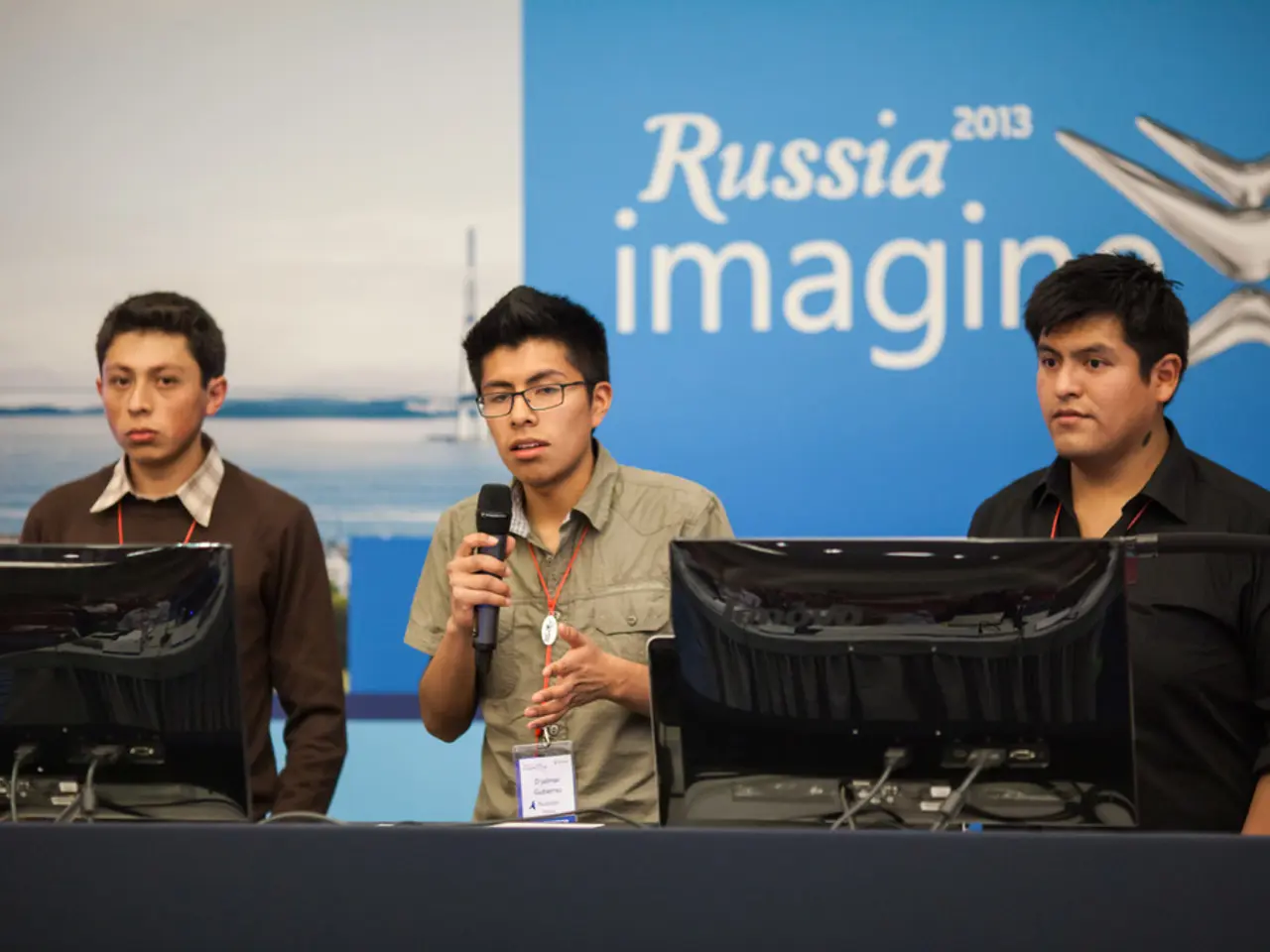International bodies in Europe initiate the process to reinstate economic penalties against Iran
In a significant move in global diplomatic play, the United Kingdom, France, and Germany have initiated the "snapback" mechanism to impose sanctions on Iran. This decision, which triggers a 30-day countdown to the reimposition of U.N. sanctions that were lifted under the 2015 nuclear deal, comes as Iran continues to violate the "Safeguards Agreement," a key element of the "Nuclear Non-Proliferation Treaty."
The Iranian government, in 2021, achieved uranium enrichment to 60% purity, a level close to weapons-grade. This development, which is considered a breach of the nuclear deal, has further isolated Iran on the global stage.
Iran has been hindering inspections by Western inspectors, refusing to allow IAEA inspectors to visit damaged sites and concealing enriched uranium. This year, the International Atomic Energy Agency (IAEA) discovered hidden nuclear research activities in Iran, adding to the concerns about Iran's nuclear programme.
The sanctions, if reimposed, will include restrictions on uranium enrichment, ballistic missile testing, and transfers, as well as an arms embargo. The "snapback" mechanism, when activated, creates additional economic and political pressure in conjunction with existing U.S. sanctions.
The devaluation of Iran's rial has exceeded more than a million per dollar due to Europe's decision, indicating the economic impact of the sanctions. However, it's important to note that Russia and China may attempt to block sanctions at the U.N., but they do not possess the power to veto them.
The U.S. maintains that diplomatic avenues remain open, and this decision is seen as a diplomatic victory for the U.S. The decision was initially met with reluctance by European countries, who abstained from restoring sanctions and opposed a similar U.S. initiative in 2020.
This move by Europe is significant in global diplomatic play, as it underscores the international community's commitment to preventing nuclear proliferation and enforcing non-proliferation treaties. The next 30 days will be crucial in determining the future course of Iran's nuclear programme and its relationship with the international community.
Read also:
- ICE directed to enhance detention conditions following NYC immigrants' allegations of maltreatment
- Israeli finance minister issues warnings about potential annexation of West Bank territories
- United States faces rebuttal from South Africa over allegedly deceitful human rights report and assertions of land expropriation
- Accident at Rodalben Results in Injuries; Geoskop Area near Kusel Affected After Stormy Weather








